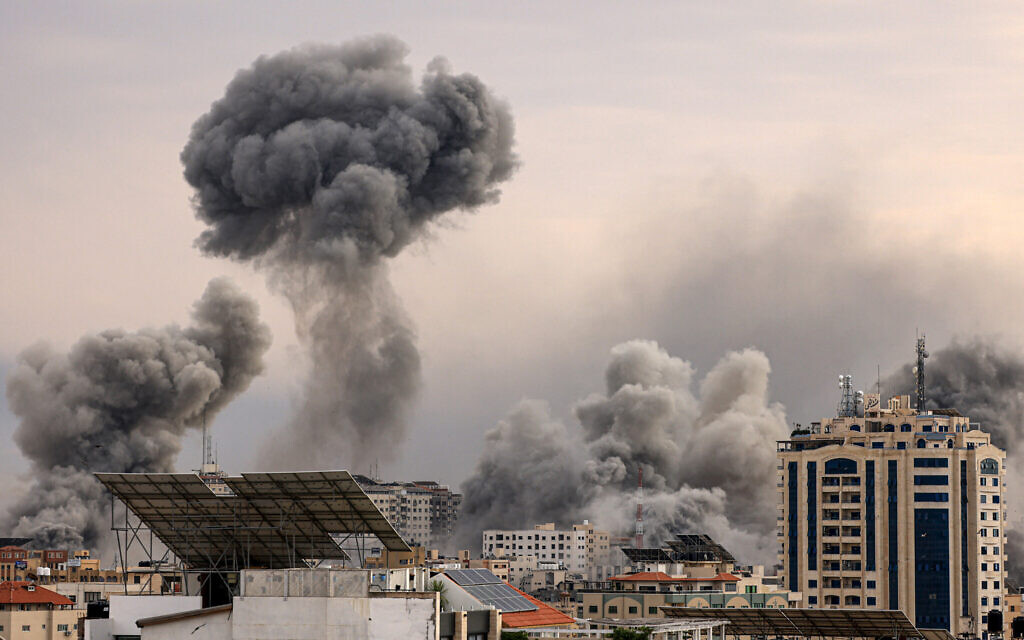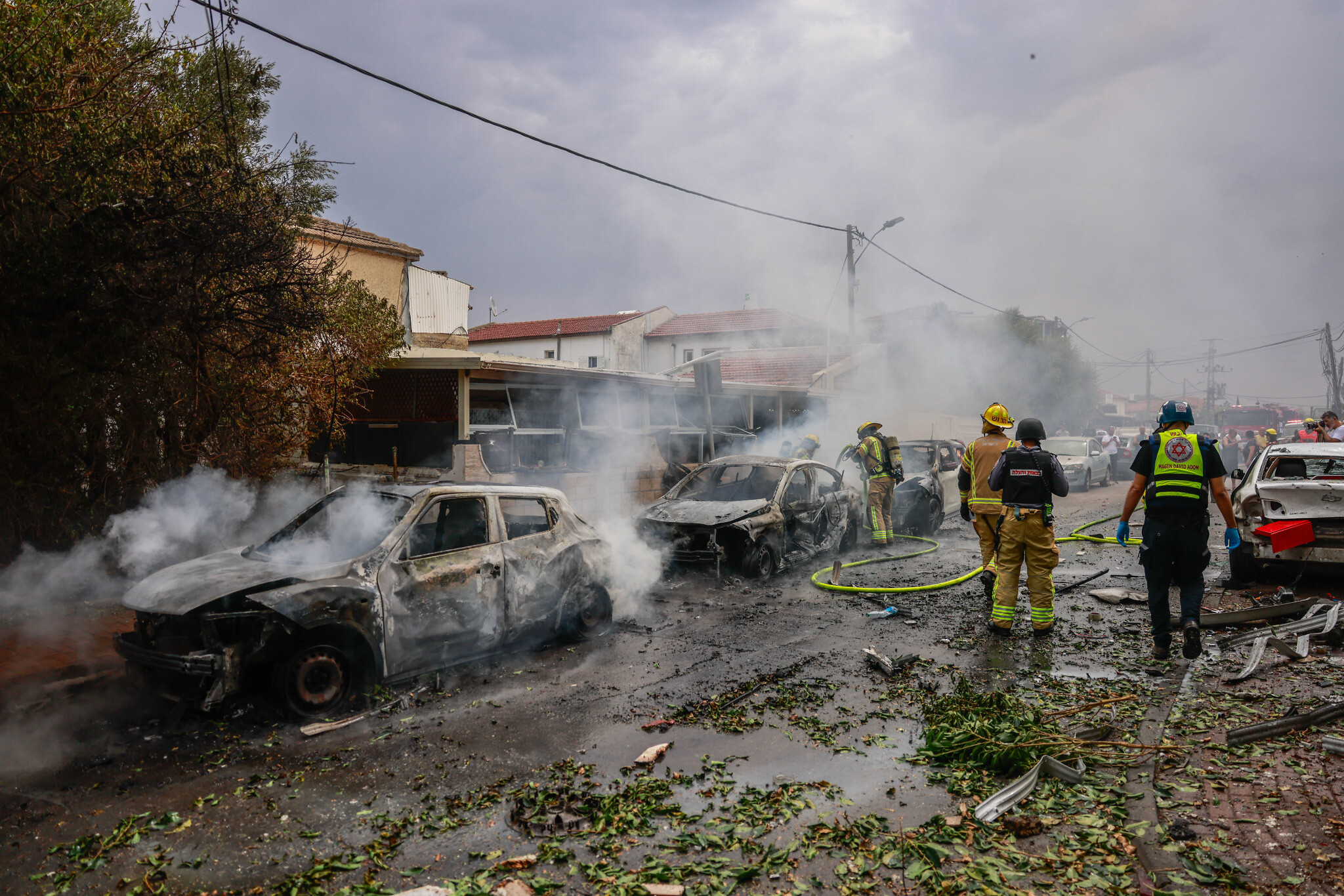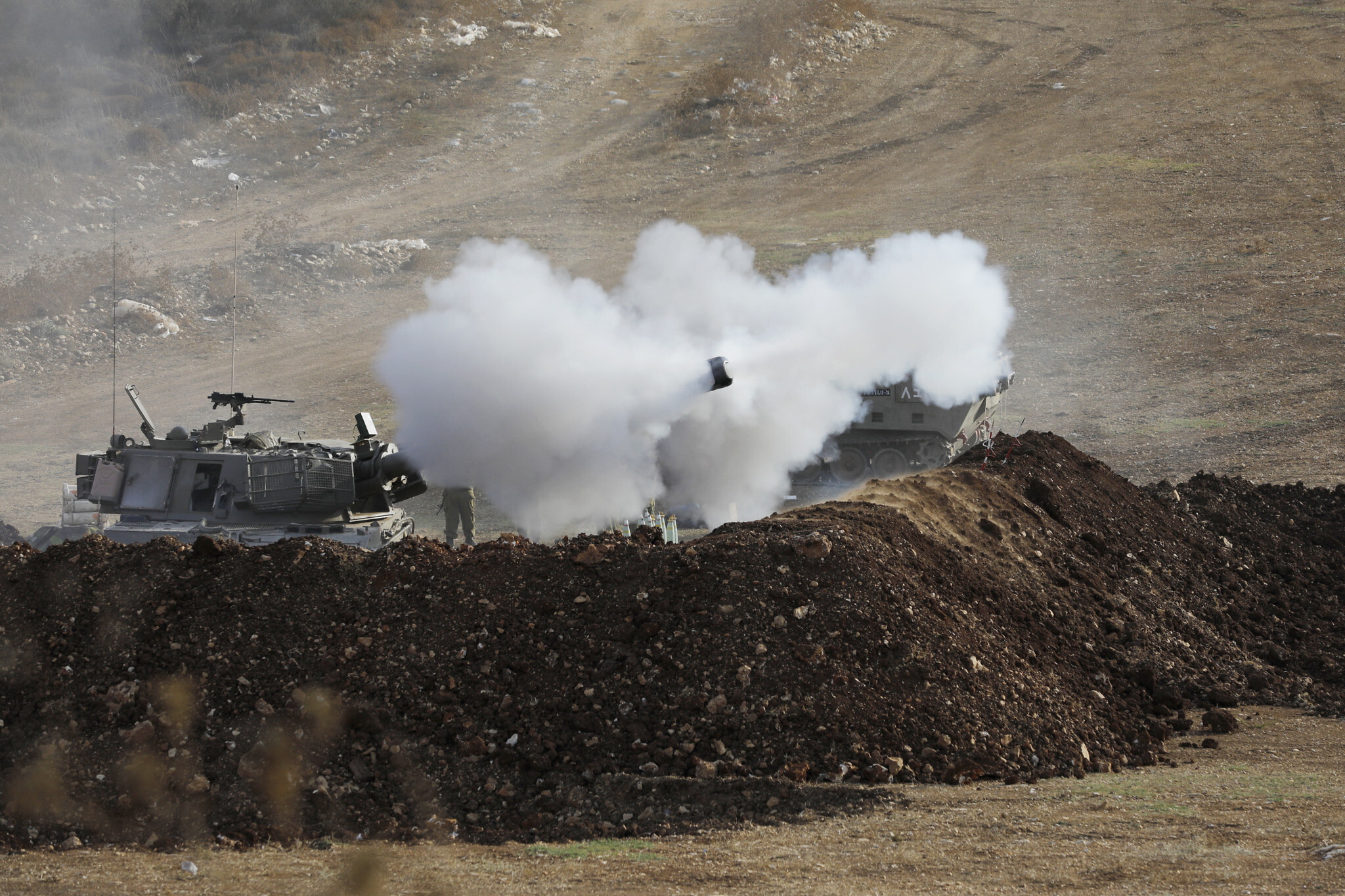Humanity Trumps Hostage Threats: IDF Rejects Hamas Ultimatum

Humanity Trumps Hostage Threats: IDF Rejects Hamas Ultimatum
In the midst of a tense and devastating conflict between Israel and Hamas, the Israel Defense Forces (IDF) have issued a resolute response to the recent threat made by Hamas militants. The militant group had warned that Israeli hostages would be executed without warning, their killings broadcasted, if Israel continued its offensive in the Gaza Strip. IDF spokesperson Lt. Col. Richard Hecht firmly stated, “Killing hostages won’t make things better.”
This stark warning from the IDF comes as the region witnesses a tragic toll on human lives, with over 1,000 people losing their lives in the ongoing war. The conflict, which has captured the world’s attention, has led to a significant loss of innocent lives, widespread destruction, and the displacement of countless individuals. As the world watches with bated breath, it is crucial to understand the context and implications of the recent threat issued by Hamas and the IDF’s response.
The Roots of the Conflict
The current crisis traces its roots to a long-standing and complex history of tension between Israelis and Palestinians. Disputes over land, resources, and political autonomy have fueled a cycle of violence that has persisted for decades. The Gaza Strip, a small but densely populated territory, has been at the epicenter of this ongoing conflict.
Hamas, a Palestinian political and militant organization, has governed the Gaza Strip since 2007. The group is designated as a terrorist organization by Israel, the United States, the European Union, and other nations. Throughout its rule, Hamas has engaged in acts of violence, including rocket attacks against Israeli civilian populations, which have often resulted in retaliation by the Israeli military.
The latest flare-up in violence began with clashes in East Jerusalem, sparked by tensions surrounding the eviction of Palestinian families from the Sheikh Jarrah neighborhood and restrictions on access to the Al-Aqsa Mosque during the holy month of Ramadan. These events ignited protests and violence in East Jerusalem, which subsequently escalated into broader hostilities between Israel and Hamas.

Hamas’ Ultimatum and Its Consequences
In the midst of this crisis, Hamas issued a chilling ultimatum, threatening to execute Israeli hostages and broadcast their killings if Israel continued its military operations in the Gaza Strip. This grim announcement shocked the world and raised fears of further escalation and brutality in an already devastating conflict.
The threat of executing hostages, civilians who are not involved in the military operations of either side, is a grave violation of international humanitarian law. Such actions are widely condemned by the international community, as they constitute war crimes. The deliberate targeting of non-combatants, including hostage-taking and executions, is unequivocally condemned by organizations such as the United Nations and the International Committee of the Red Cross.
The consequences of carrying out such a threat would be disastrous, not only in terms of the immediate loss of life but also in terms of the lasting damage it would inflict on the prospects for peace and reconciliation in the region. The international community, including governments, humanitarian organizations, and individuals, has a responsibility to unequivocally reject such tactics and advocate for the protection of civilian lives.
IDF’s Response: A Call for Restraint and Humanity
In response to Hamas’ ultimatum, Lt. Col. Richard Hecht, the spokesperson for the Israel Defense Forces, issued a statement emphasizing that killing hostages would not lead to an improvement in the situation. This statement underscores the importance of restraint and a commitment to protecting civilian lives, even in the midst of a conflict as volatile as the one between Israel and Hamas.
The IDF’s response acknowledges the broader context of the conflict. It recognizes that escalating violence, particularly in the form of executing hostages, will not lead to a resolution of the underlying issues and will only exacerbate the suffering of the people caught in the crossfire. Lt. Col. Hecht’s statement sends a powerful message that the pursuit of peace and the protection of innocent lives must always take precedence over acts of brutality.

The Human Cost of Conflict
As the conflict between Israel and Hamas continues to claim lives and devastate communities, it is essential to remember the human toll of this crisis. Over 1,000 people have lost their lives, and countless others have been injured, many of them innocent civilians, including women and children. The destruction of homes, infrastructure, and essential services has further deepened the humanitarian crisis in the region.
The international community has a moral obligation to prioritize the well-being of the people affected by this conflict. Humanitarian organizations are working tirelessly to provide aid and support to those in need, but the scale of the crisis demands a comprehensive and sustained response.
The Path to Peace
Amid the devastation and despair, it is imperative to remember that a peaceful resolution to the Israeli-Palestinian conflict is not only possible but essential for the long-term stability and prosperity of the region. Achieving lasting peace will require difficult negotiations, compromise, and a commitment to addressing the legitimate aspirations and grievances of both Israelis and Palestinians.
International diplomatic efforts must continue to play a pivotal role in facilitating dialogue and negotiations between the parties involved. The United Nations and other mediators should work diligently to bring an end to the violence and create a conducive environment for meaningful peace talks.

Conclusion
The recent threat by Hamas to execute Israeli hostages and the Israel Defense Forces’ resolute response serve as a stark reminder of the gravity of the situation in the Gaza Strip. In a conflict marked by tragedy and suffering, the protection of innocent lives and the pursuit of peace must always take precedence over acts of brutality.
The international community, governments, and individuals around the world must stand united in condemning such threats and advocating for an immediate ceasefire. The focus should shift toward addressing the root causes of the conflict, fostering dialogue, and working tirelessly to achieve a just and lasting peace that brings an end to the cycle of violence and suffering in the region.
As the world watches and hopes for an end to the hostilities, it is essential to remember that humanity, empathy, and a commitment to peace are the most potent weapons we have in resolving this longstanding and deeply complex conflict.




